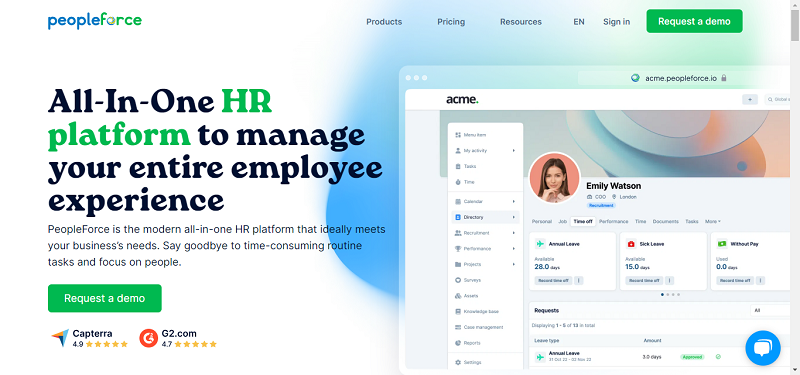There is no question that the Internet of Things, or IoT, is here to stay. Just this year alone, Gartner predicts there will be around 6.4 billion connected things in use worldwide, with 5.5 million new things connected each day. By 2020, this figure will go up to approximately 20.8 billion.
IoT is transforming industries and sectors as we know it, from automotive to manufacturing to healthcare. But what about travel? How does it a play a role in one of the fastest growing global industries? It turns out that IoT is creating ample and exciting opportunities in the travel and hospitality industry.
A number of airlines are experimenting with IoT, with over half investing in a number of IoT programs as they believe it will lead to improved passenger experience. So what does a connected world in aviation possibly look like? The opportunities are endless – it could give way to intelligent air cabins that can monitor a passenger’s temperature, and in turn alert a crew member to take a specific action. With increased sensors both on the ground level and in airplanes, passengers will have an increased sense of their surroundings, with the ability to track items like luggage or cargo.
One example of an airline already experimenting with IoT is UK-based budget airline, EasyJet. Last year in a press release, EasyJet announced that it was collaborating with a clothing company to create uniforms for its cabin crew embedded with sensors and LED lights. For crew members, the LED lights will help transmit information, such as flight information and destination. Jackets for its engineers will have microphones and built-in cameras, allowing engineers to receive assistance when diagnosing technical issues. The engineer uniforms will also be equipped with barometers and air quality sensors that can help engineers monitor their work environment.
The London City Airport is an example of an airport testing how IoT can transform its operations. In 2003, the airport was awarded a grant from the UK’s Technology Strategy Board to examine cross-technology networking. The project ran for a year and focused on three areas:
Measuring passenger journeys – Using sensors, the flow pattern and volume of passengers were measured within an airport terminal.
Asset tracking – With custom tracking devices, the movement and positions of airport equipment used to service flights were tracked.
Offering location-based services to passengers – Using an app, specific notifications were sent to passengers specific to their flights and their known position in the airport.
Using these findings, the airport developed a real-time operational dashboard and an IoT solution to measure passenger journeys. The ultimate goal is to help plan for future resources and the necessary infrastructure to help deliver the quickest passenger journey times through the airport.
Beyond the aviation industry, hotels are looking into IoT to help enhance the customer experience. Investment in IoT programs are apparent with some hotels experimenting with app-based keyless entries for hotel rooms, as well as connected minibars that can immediately detect a traveler’s section. Other notable upgrades include room control systems where guests can adjust in-room temperature and lighting using a smartphone or in-room tablet.
The Aloft Hotel in South Beach introduced Botler, the Robot Butler last year. If a guest needs any sort of amenity, Botler will come to the guest’s door with the particular item requested. After it is delivered, the guest can use Botler’s touch screen to rate their experience.
Machine-to-machine (M2M) technology is making its presence felt in a number of prominent hotel chains and luxury brands. The Hilton chain is another example that have rolled out some great futures via their mobile app. Using their app, guests are able to check in, request items to be delivered to their room, and get access to other areas of the property (such as the pool or gym).
The Internet of Things is offering the travel industry a wealth of opportunity. With connected devices, back-end operations for airlines, cruises, rental cars, hotels are being streamlined. At the same time, data being collected from these devices are allowing companies to deliver a more personalized experience to travelers and guests alike.
By Joya Scarlata





